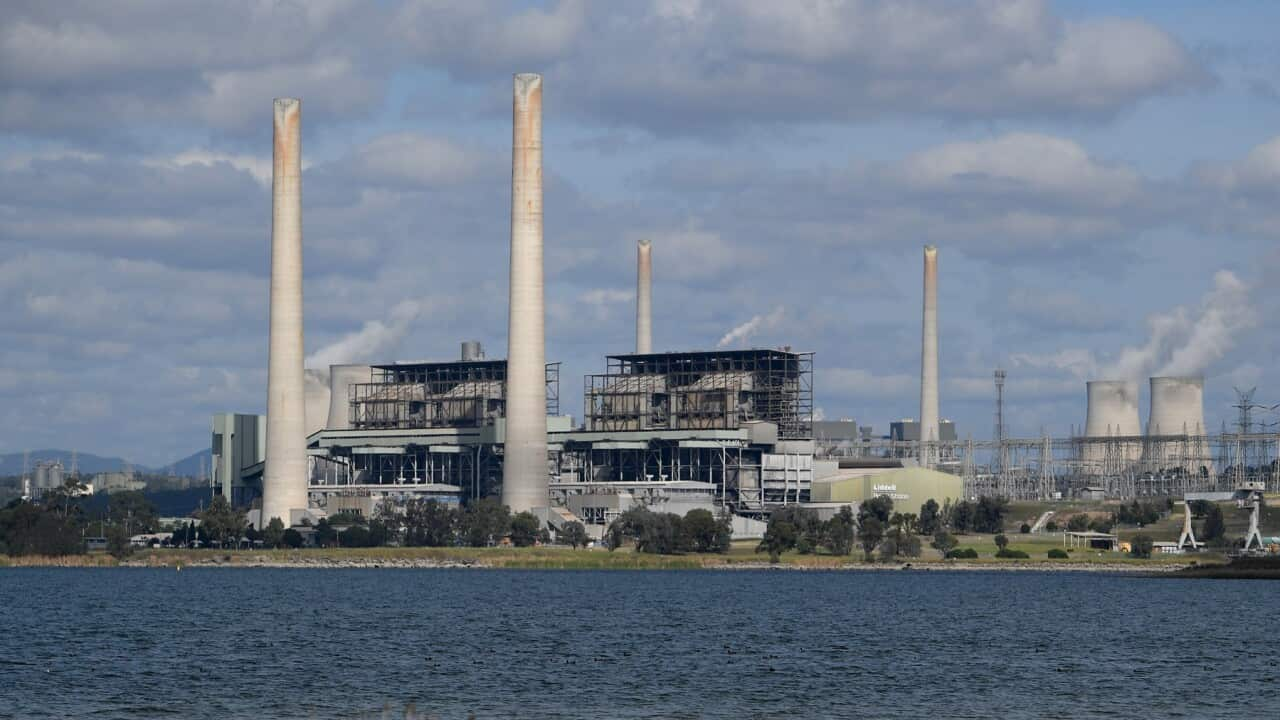A new generation of students is joining the fight against global warming after witnessing how family members in far-flung corners of the globe have been impacted by the ravages of climate change.
Across Australia, tens of thousands of students have taken part in protests and strikes for climate action over the past 18 months.
Some have been personally inspired into action after seeing how climate change has impacted family members living in vulnerable countries such as the Philippines, Thailand, and Indonesia.
Danielle Villafana-Pore, 16, remembers the terrifying week she lost contact with her family members in the Philippines as Typhoon Haiyan, one of the most powerful tropical cyclones in recent history, obliterated her home province in 2013.
“The impact of it was really, really devastating on those communities. I personally lost direct family members in it.
“For weeks after in my home province in the Philippines, there were just bodies scattered all over the ground.” The storm killed at least 6,300 people in the Philippines alone, displacing thousands more and causing significant damage to homes and property.
The storm killed at least 6,300 people in the Philippines alone, displacing thousands more and causing significant damage to homes and property.

Typhoon survivors sift through the debris which were washed inland by Typhoon Haiyan in central Philippines in 2013. Source: AP
Scientists have warned warming oceans are increasing the proportion of high-intensity typhoons, cyclones and hurricanes.
"What that really bought home for me was the fact that natural disasters like that hurt communities like mine the most, they hurt communities in developing countries, they hurt marginalized communities, they hurt minorities."
Natasha Abhayawickrama’s maternal relatives live in the rural hills of the Surat Thani Province of Thailand.
They rely on agriculture for their income, but rising temperatures, droughts and severe storms, have made their work on the land more challenging.
“The temperatures are definitely rising, which changes the way they have to work on those fields,” Ms Abhayawickrama told SBS News.
“A lot of them are doing labour work, [so] it makes the working conditions a lot harder.
“It's going to definitely hinder a lot of families' sources of income, and it's going to hurt the community a lot.” Her passion for climate action is partly driven by concerns for her family’s future.
Her passion for climate action is partly driven by concerns for her family’s future.

Natasha Abhayawickrama leads a group of climate strikers. Source: Supplied
“They are like, disproportionately reaping those effects of climate change, although they like the people who live there are contributing to it the least,” she said.
The welfare of family members overseas is also front of mind for 15-year-old Kayla Hill.
Much of her family in Indonesia live in Jakarta, which is already one of the most polluted cities in the world. “The climate crisis definitely impacts them day to day with even more severe rain or more severe temperatures,” she said.
“The climate crisis definitely impacts them day to day with even more severe rain or more severe temperatures,” she said.

15-year old Kayla Hill holds fears for her relatives in Indonesia impacted by climate change. Source: Supplied
“We will see in the future how natural disasters and the bigger effects of the climate crisis will impact them.”
All three students have helped to organise climate strikes across Australia.
Last year’s rallies brought thousands of activists on to the streets in cities and the world, but those mass gatherings are not possible during the era of social distancing.
So, during Friday’s widespread day of action against gas, students will be carrying out smaller Covid-safe protests and voicing their opposition online.
For Ms Abhayawickrama, youth-oriented apps like TikTok have been particularly effective at spreading their message of action.
“A lot of young people understand climate change and know what it is [but] they don't really know how they can do anything, they don't really know how they can take action,” Ms Abhayawickrama.
“So I think during Covid... social media was a really useful tool in educating a lot of people.”
While the pandemic may have seen climate action fall away from the public view, the students believe the economic recovery from the virus gives a great opportunity to invest in a sustainable future.
“We have a once in a generation opportunity to use the COVID-19 recovery to actually rebuild our economy to make it more sustainable to fast track climate solutions and to also create thousands of more jobs in renewable energy,” Mx Villafana-Pore said.










